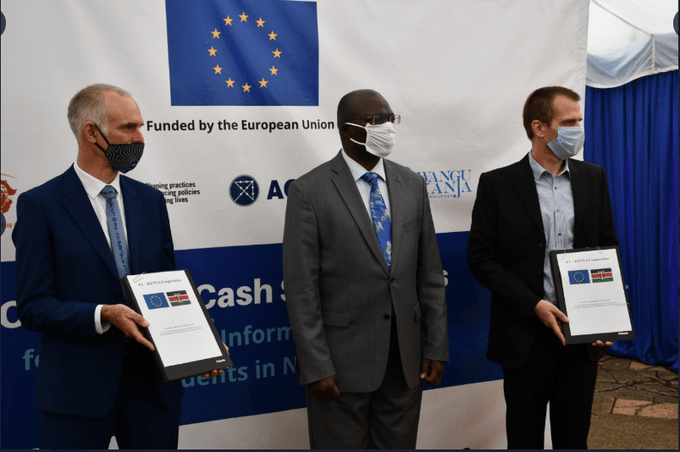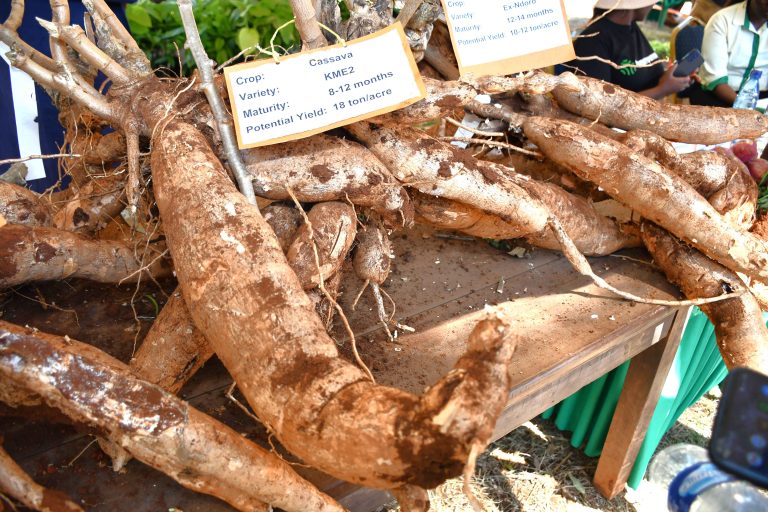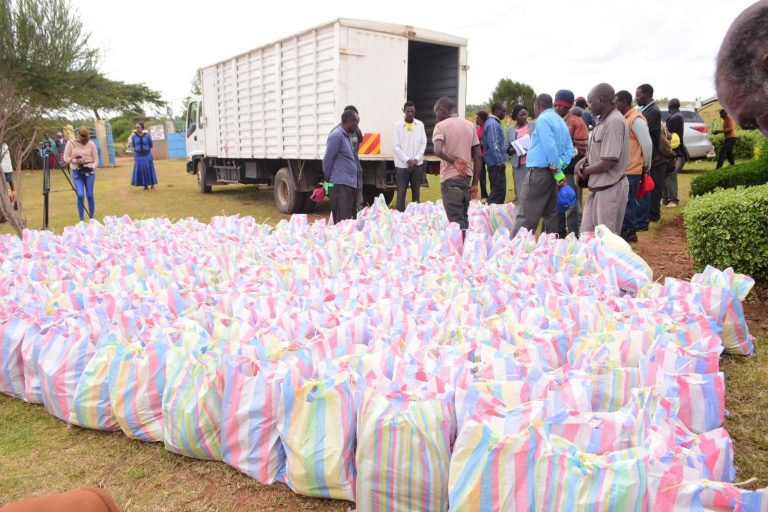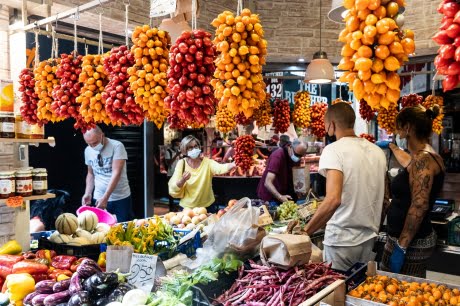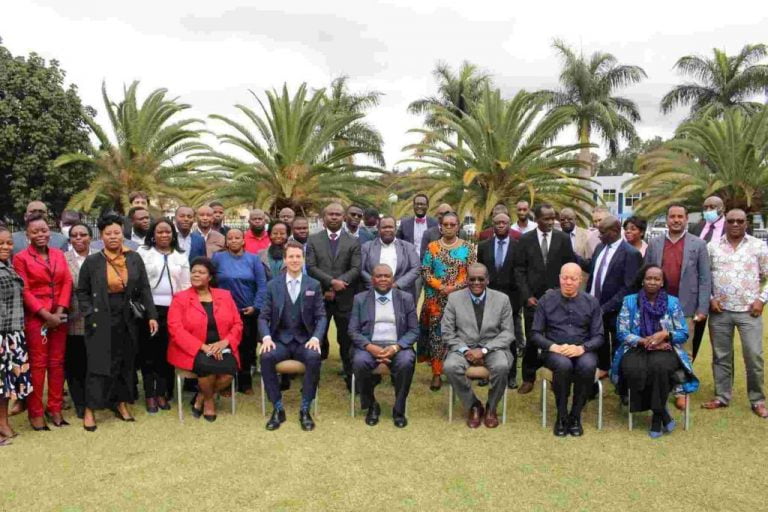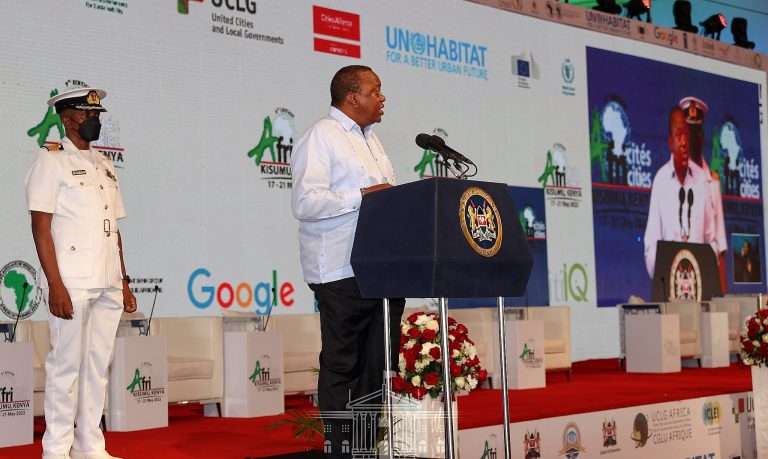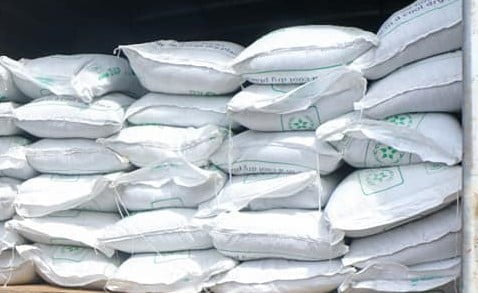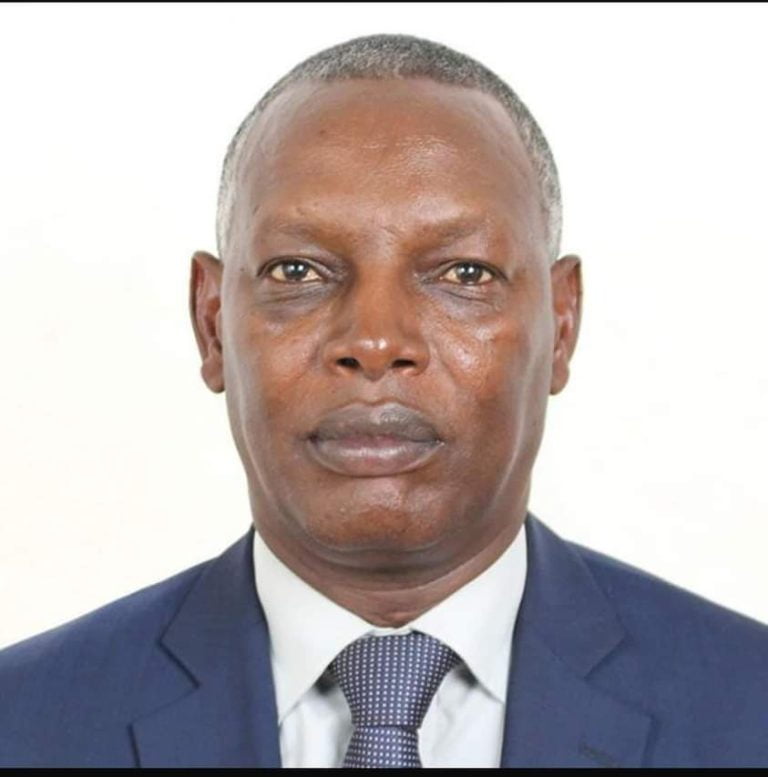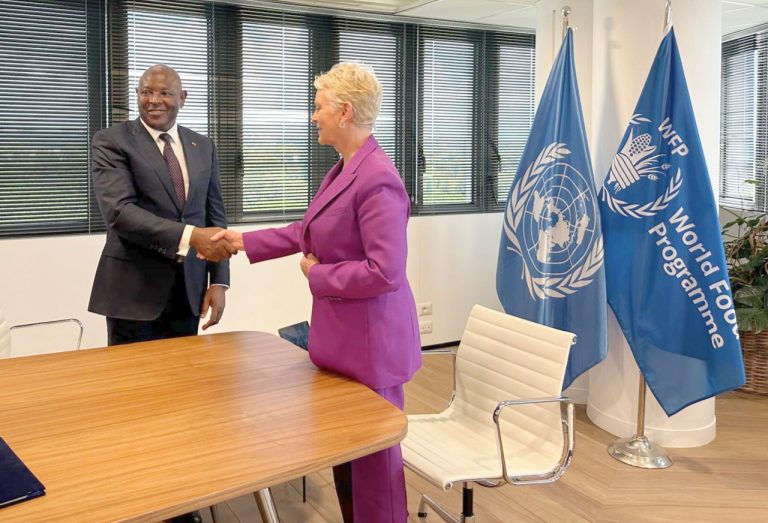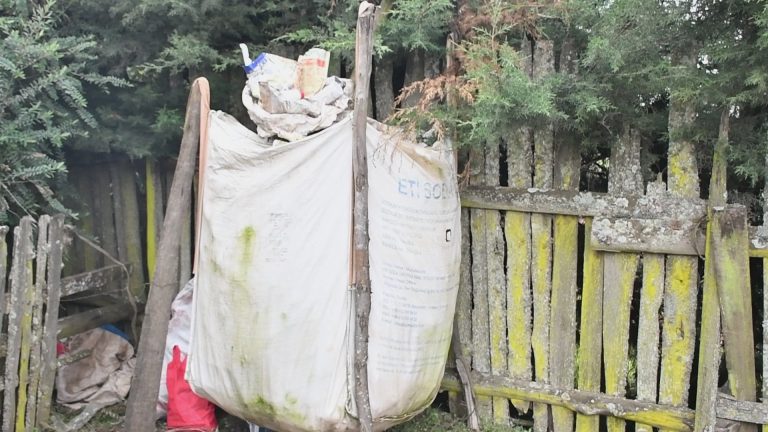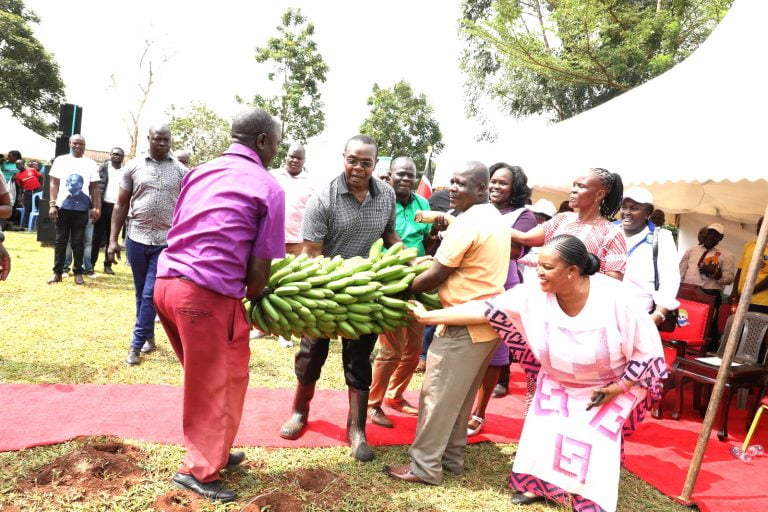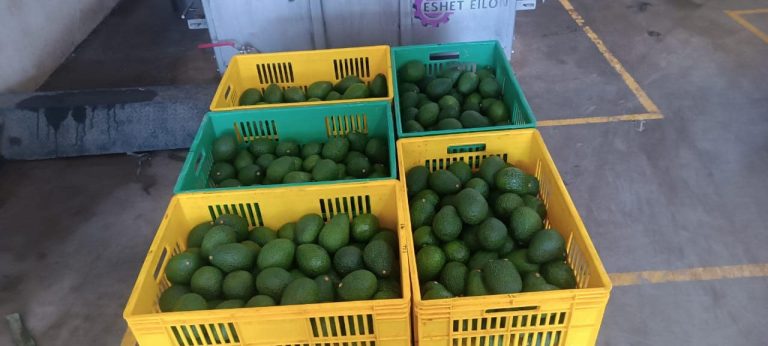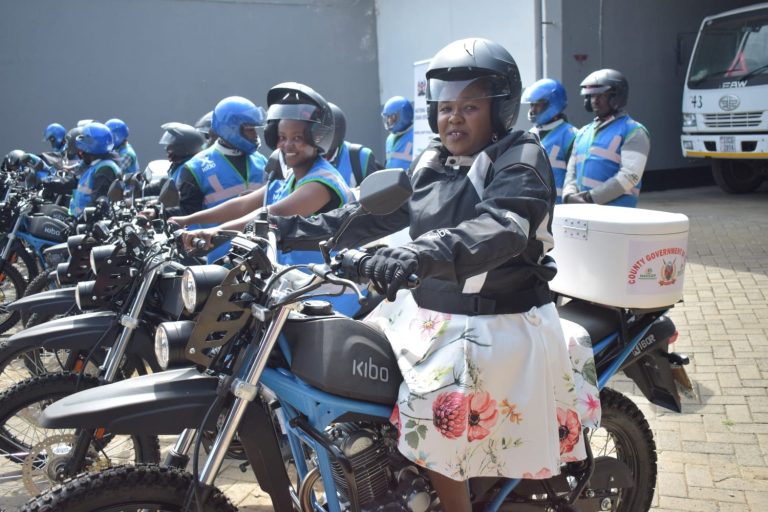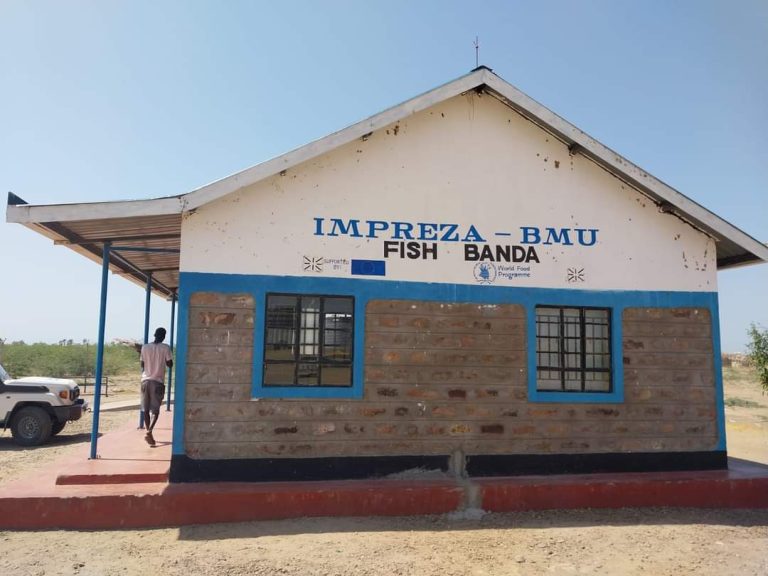The European Union Ambassador for Kenya, Simon Mordue has signed a €5 Million grant, in the presence of the Ministry of Labour and Social Protection that will enable a consortium of NGOs to provide cash transfers to 80,000 vulnerable Kenyans who have lost their income sources due to COVID-19. The aim of the project is to improve food security covering 50% of recipients’ food needs, and other essential costs such as soap, water, rent, and mobile phone credit.
As a result of COVID-19, an estimated 30% of Kenyans living in Nairobi’s informal settlements are experiencing severe hunger. The EU’s Partners Oxfam in Kenya, the Kenyan Red Cross Society, Concern Worldwide, ACTED, IMPACT, the Centre for Rights Education and Awareness, and the Wangu Kanja Foundation will help provide 20,000 households living in the Kibera, Korogocho, Mathare, Soweto, Majengo, Gitare, Marigo, Gatina Lunga Lunga, Kayole and Mukuru informal settlements of Nairobi with monthly cash transfers for three months, beginning in June. The direct cash transfers via Mpesa, will complement the Ministry of Labour’s Inua Jamii programme.
The consortium will provide monthly cash transfers for three months to 20,000 vulnerable households in the Kibera, Korogocho, Mathare, Soweto, Majengo, Gitare, Marigo, Gatina Lunga Lunga, Kayole and Mukuru informal settlements.
11,250 households enrolled in Inua Jamii, and receiving KES 2,000 per month, will receive a complementary allocation of KES 5,668 per month to meet approximately 50% of the minimum expenditure basket (MEB) agreed by the Kenya Cash Working Group.
8,750 households who are not enrolled in any safety net programme will receive KES 7,668 per month, or 50% of the MEB. All cash transfers will be made through mobile money transfer (MPESA).
Households will be selected through the Nyumba Kumi system, subject to independent verification by the Kenya Red Cross Society with additional checks carried out by the consortium partners. A transparent complaints and feedback mechanism has been set up, and rigorous monitoring of the use and the impact of the cash transfers on households and markets will be carried out regularly and shared with key stakeholders, including from the Government of Kenya, the European Union and other development partners.
A pilot cash transfer to 6,016 people living in Kibera has recently been concluded providing grants worth an average of KES 5654.5 (€46.74) per household


